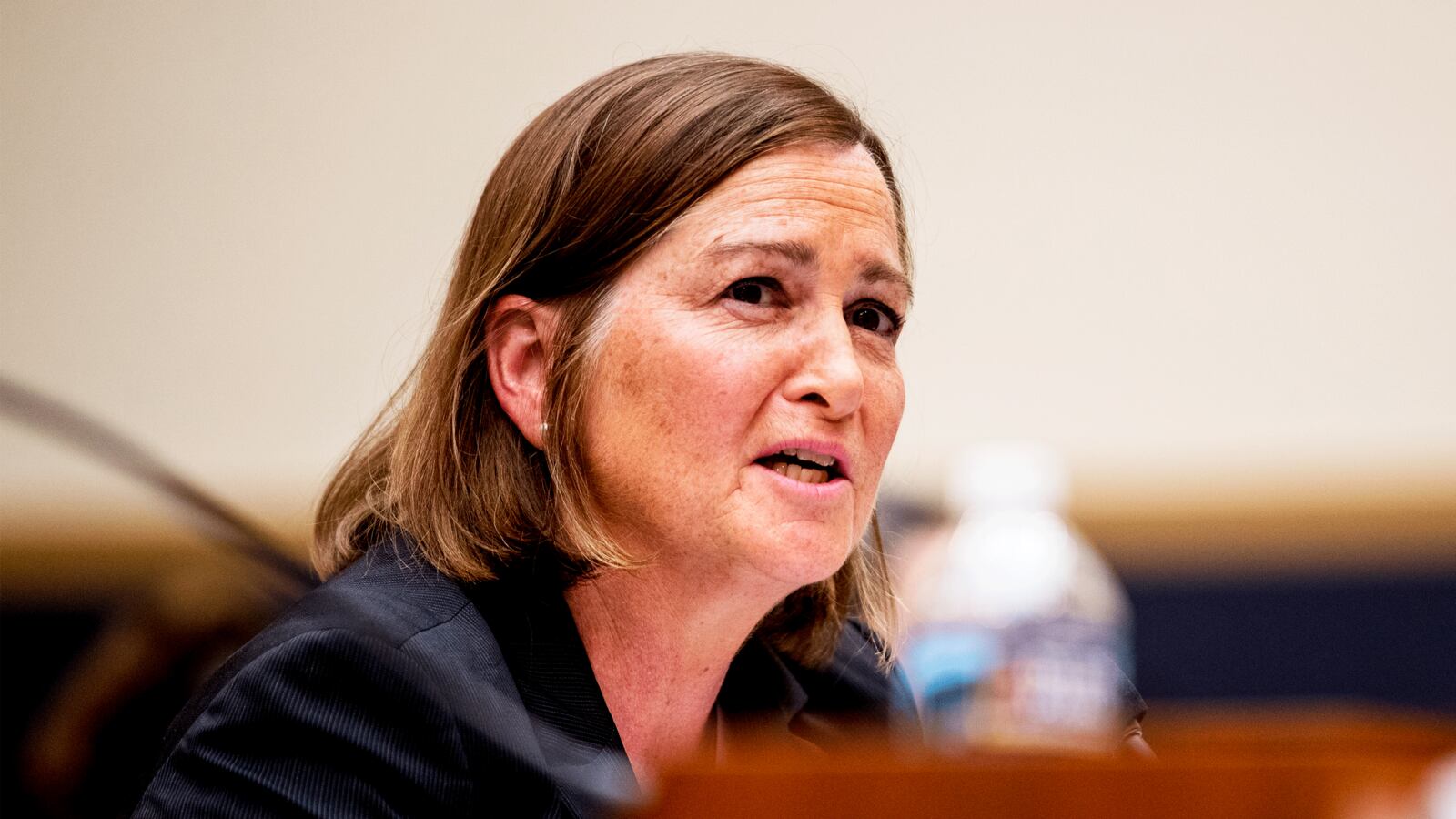Statement as prepared for testimony before the House Judiciary Committee.
Chairman Nadler, Ranking Member Collins, and distinguished members of the Committee: Thank you for inviting me to speak with you today about lessons from the Mueller Report regarding obstruction of justice.
The most significant finding in the Special Counsel’s Report is that Russia interfered with our election in “sweeping and systematic fashion.”
Through that lens, I will share 2 observations about the report—
What happened and why it matters.
First, the conduct described in the report constitutes multiple crimes of obstruction of justice, supported by evidence of guilt beyond a reasonable doubt.
If anyone other than a sitting president had committed this conduct, I am confident that he would be charged with crimes.
One thousand former federal prosecutors signed a letter agreeing that the president committed crimes.
Second, why it matters.
The obstruction described in the report created a risk to our national security because it was designed to prevent investigators from learning all of the facts about an attack on our country by a hostile foreign adversary.
Let me explain each of those observations.
First, what happened.
The special counsel’s report describes ten episodes of potential obstruction of justice.
With regard to four of these episodes, the special counsel found “substantial evidence” for all elements of obstruction of justice.
First, the evidence shows a request to White House Counsel Don McGahn to remove Mr. Mueller as special counsel.
Second, a request to falsely deny public reports about that order and to create a false document to support the lie.
Third, efforts to persuade Attorney General Jeff Sessions to reverse his recusal decision, and to publicly announce that the Russia investigation would focus on future elections only.
Fourth, efforts to influence the testimony of Paul Manafort, another former campaign chairman.
Let me focus on one of those incidents.
The report describes President Donald Trump’s persistent efforts to curtail the special counsel’s investigation by directing Attorney General Sessions to reverse his recusal decision and to limit the investigation to future elections.
President Trump asked various intermediaries, including Corey Lewandowski, a private citizen, to convey his message to Mr. Sessions, but they ultimately didn’t do it.
But for the acts of his associates, Mr. Trump would have limited the investigation to future elections, That would have prevented Mr. Mueller from learning the facts about Russian interference in the 2016 election.
Although Mr. Mueller’s investigation did not establish the crime of conspiracy against the Trump campaign under federal statutes, proof of an underlying crime is not required to prove obstruction, because it is the interference with the search for the truth that the law prohibits.
And let’s not forget that the investigation did establish sufficient evidence to charge 37 defendants with crimes, including Russian intelligence officials.
That’s despite the fact that some people, including the president, refused to talk to Mr. Mueller, lied to him, used encrypted messaging apps.
We don’t know what he would have been able to find if not for that kind of obstruction.
The report identified possible motives animating the president’s conduct, all of which would legally support obstruction charges.
One motive was concerns that the investigation would raise doubts about the legitimacy of Trump's election.
Another motive was concern that the contacts with Russia, documented by Mr. Mueller, would be seen as criminal activity by the president, his campaign or his family. (P. 157)
In fact, President Trump was described as an unindicted co-conspirator in the indictment against Michael Cohen for campaign finance violations relating to payments to silence a woman from making allegations about Donald Trump.
Regardless of motive, the conduct described in the report was an attempt to interfere with Mr. Mueller’s investigation, and it amounts to obstruction of justice under the criminal obstruction statute.
Second, why it matters.
Mr. Trump’s attempt to limit the scope of the investigation to future elections, had it been successful, would have harmed our national security by shielding Russia’s conduct in attacking the 2016 election from the investigation.
But for the conduct of other individuals, Mr. Trump would have thwarted Mr. Mueller’s efforts to gain valuable intelligence.
By seeking to end or curtail the investigation, President Trump attempted to limit our country’s understanding of how Russia attacked our election, which would also diminish our ability to detect and defend against future threats.
That is a threat to our national security.
Mr. Mueller concluded his public remarks by “reiterating the central allegation of our indictments—that there were multiple, systematic efforts to interfere in our election.
That allegation deserves the attention of every American.”
I hope to answer your questions to give that allegation the attention that it deserves.






